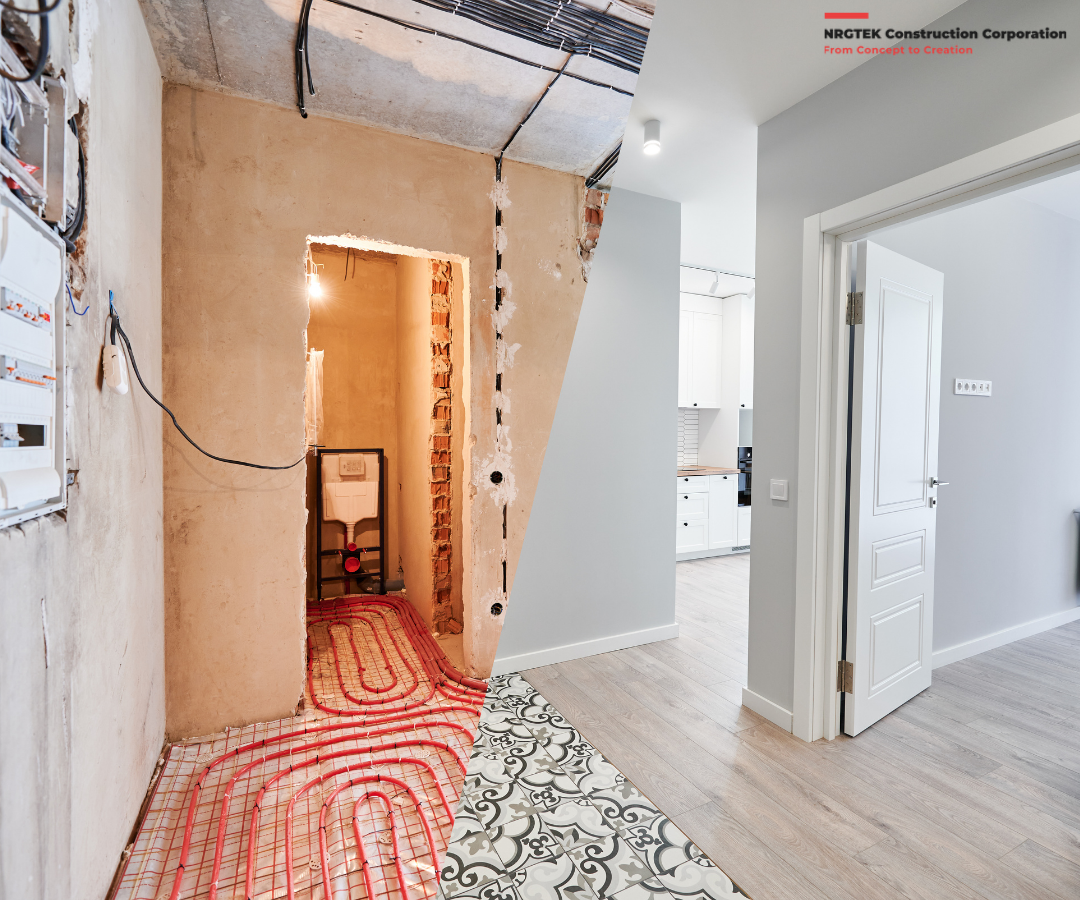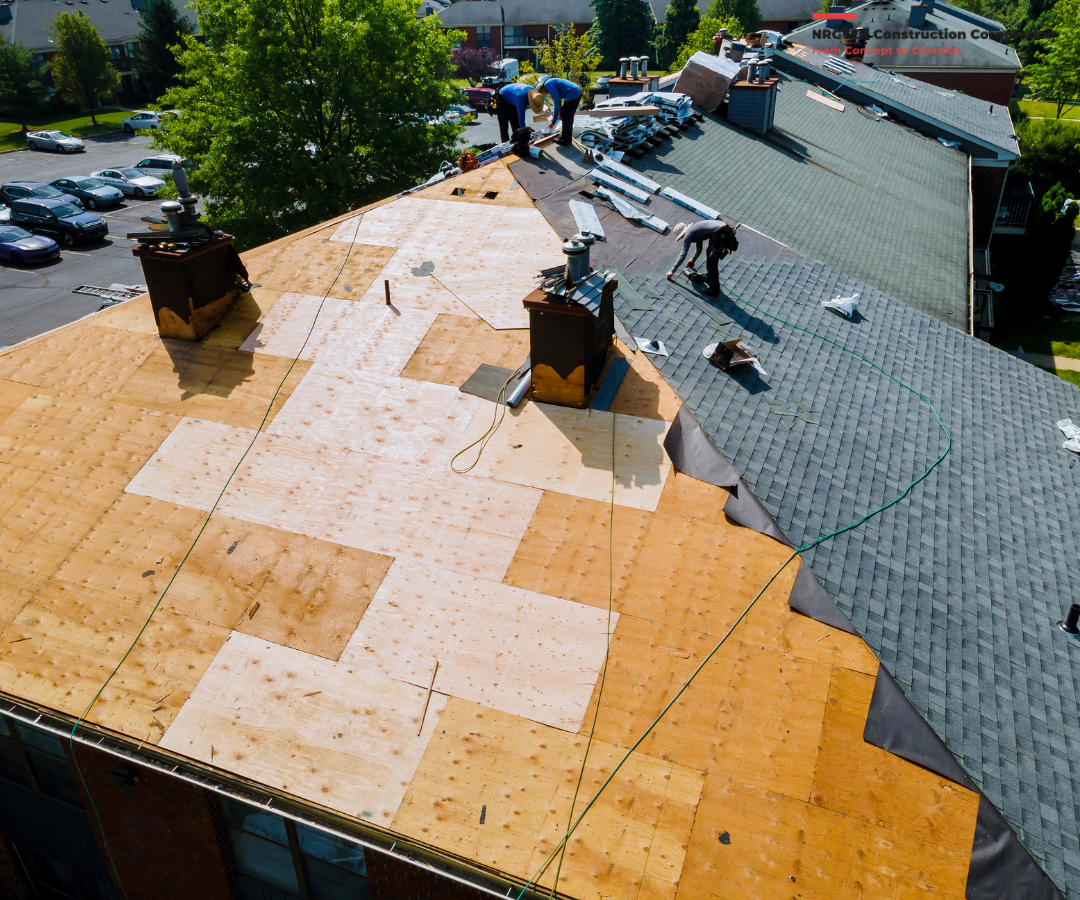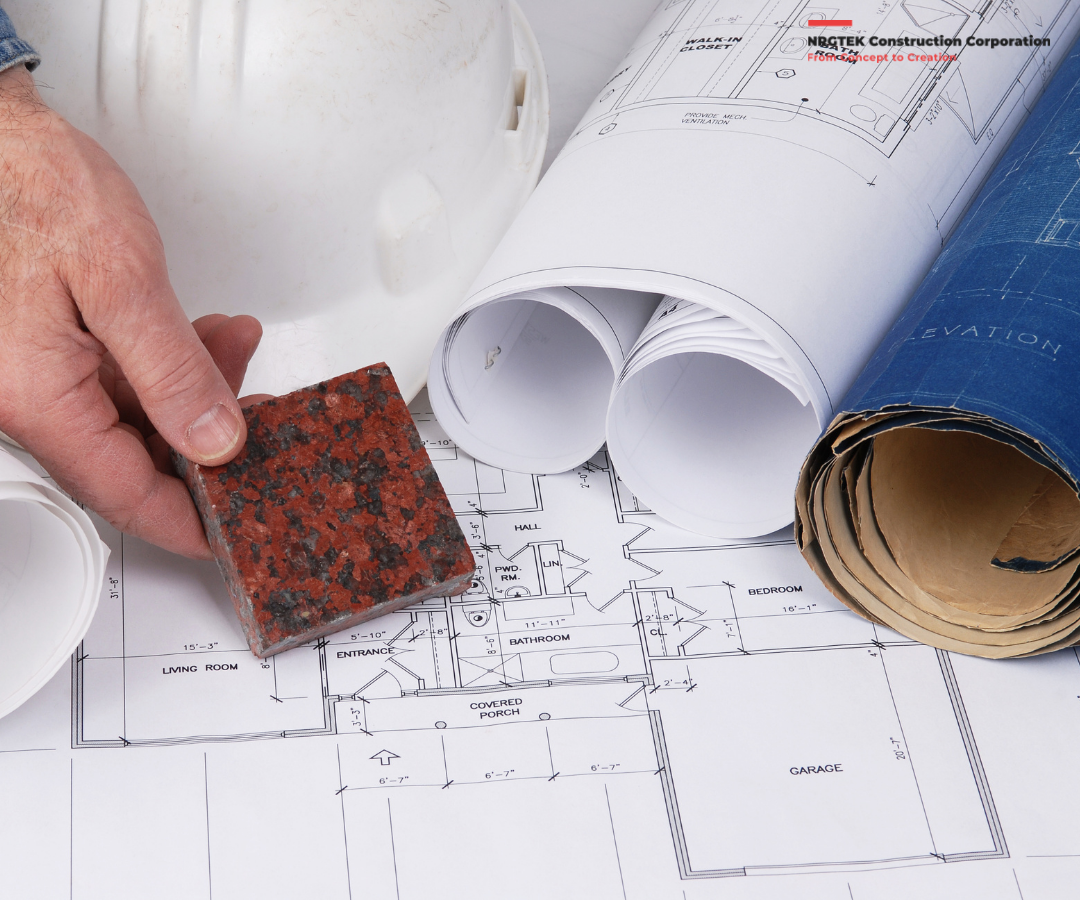
The province of British Columbia is renowned for its varied architecture, rich cultural legacy, and breathtaking natural beauty. BC’s older, heritage buildings, many of which have intriguing histories and distinctive craftsmanship, are among the most cherished residences. Even though older houses have a lot of character, they frequently need to be renovated to fit contemporary living standards as time goes on. By combining the conveniences of the modern world with the elegance of the past, renovating these ancient homes not only gives them new life but also maintains their historical significance. Here are some reasons why it makes sense for homeowners and the preservation of local history to renovate older homes in British Columbia.
1. Preserving Cultural and Historical Significance
The chance to preserve a portion of BC’s past is among the biggest benefits of remodeling older homes. The architectural designs and cultural trends of the late 19th and early 20th centuries are reflected in many of the houses constructed during this period. Each of these buildings, whether they are the quaint cottages of Vancouver Island or the magnificent Victorian homes of the Lower Mainland, reflects the people who occupied them and the time period they represent.
By restoring these houses instead of tearing them down, we protect these significant landmarks. By doing this, we add to the community’s history and guarantee that upcoming generations will be able to appreciate and learn from the craftsmanship and design of the past. Historical homes are an integral part of BC’s identity, and their preservation adds a sense of continuity and pride to our neighborhoods.
2. Sustainability and Environmental Impact
In British Columbia, renovating older homes is also a sustainable option. Renovating buildings instead of demolishing them lowers waste and the need for new building materials at a time when environmental preservation and climate change are of utmost importance. While the creation of new building materials uses resources and energy, demolition produces large volumes of garbage that frequently wind up in landfills.
Homeowners are consciously choosing to lessen their carbon impact by choosing to renovate. A cleaner future can actually be achieved by renovating an old building with contemporary, energy-efficient technologies rather than constructing a new one. A home’s energy consumption can be considerably decreased by installing energy-efficient windows, upgrading heating and cooling systems, and installing insulation. This makes the renovation process a step in the direction of a greener future.
3. Unique Character and Craftsmanship
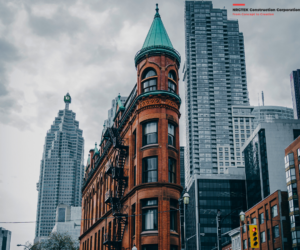
Older homes can have distinctive architectural elements and craftsmanship that are difficult to duplicate in new construction. From elaborate molding and custom-built cabinets to exquisite woodwork and stained glass windows, historic homes frequently include high-quality materials and craftsmanship that are just not accessible today.
These elements can be updated, maintained, and added to contemporary designs when they are renovated. For instance, it is possible to restore period-style fixtures and refinish old hardwood floors while adding contemporary bathrooms, open-concept floor plans, and modernized kitchens. modern construction just cannot match the unique charm created by this blending of the old and the modern.
4. Enhancing Property Value
Heritage homes that have undergone significant renovations frequently see an increase in property value in BC’s competitive housing market. These homes’ unique blend of elegance, character, and contemporary conveniences appeals to buyers. Furthermore, remodeled older homes offer something distinctive that appeals to people seeking a more customized living environment, making them stand out in a sea of newer, generic construction.
When compared to new construction, renovating an older property can potentially yield a higher return on investment (ROI). This is particularly true if the addition of contemporary amenities to the home’s historic charm makes it even more appealing. A wise long-term investment, homes that retain their original beauty while adding modern systems, layouts, and energy-efficient features are more likely to draw in discriminating buyers.
5. Increased Functionality for Modern Living
Even while older homes have historical appeal, they frequently need to be updated to accommodate current living standards. By updating the house to modern standards, homeowners can improve comfort and convenience. Older homes, for instance, may have obsolete plumbing or smaller kitchens, which can be modified to meet the demands of modern living. Modern appliances, spacious bathrooms, and open-concept designs can all be incorporated without detracting from the distinctive character of the house.
Enhancing the home’s usefulness is another benefit of renovation. An older home can be made more livable while maintaining its original form by adding storage, enlarging small spaces, or even expanding square footage with a well-planned extension.
6. Connecting with the Past
Being in a house with a rich history has a really fulfilling quality. Homeowners can develop a sense of continuity and pride by renovating an older house and feeling a connection to the past. It can be immensely satisfying to own and renovate a piece of British Columbia’s past, regardless of whether the house was formerly occupied by a well-known local person or merely symbolizes a bygone architectural era. A vintage home’s upkeep and renovation can forge strong emotional bonds with their owners, giving homeownership a more intimate feel.
7. Supporting Local Craftsmen and Communities
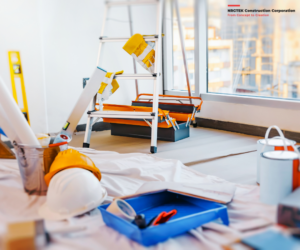
Working with regional craftsmen, suppliers, and tradespeople who specialize in heritage restoration is frequently necessary when renovating an older property. This guarantees that the work is completed with the expertise and attention to detail necessary to preserve the home’s original design, in addition to boosting the local economy. These professionals frequently contribute particular knowledge that can significantly impact the renovation’s authenticity and quality. Additionally, renovating heritage homes contributes to the preservation and fortification of regional customs, guaranteeing that BC’s architectural artistry will endure for upcoming generations.
Conclusion
There are many benefits to renovating older homes in British Columbia, ranging from embracing sustainability and contemporary comfort to conserving historical and cultural legacy. It enables homeowners to create distinctive places that are both useful and enchanting by fusing the beauty and character of the past with the necessities and comforts of the present. These improvements are an investment in conserving BC’s history and cultural fiber, not merely in a piece of real estate. The advantages of rehabilitation are obvious, whether you’re renovating a grand heritage property or a little vintage cottage: a more environmentally friendly, practical, and historically significant future for our cherished communities.

